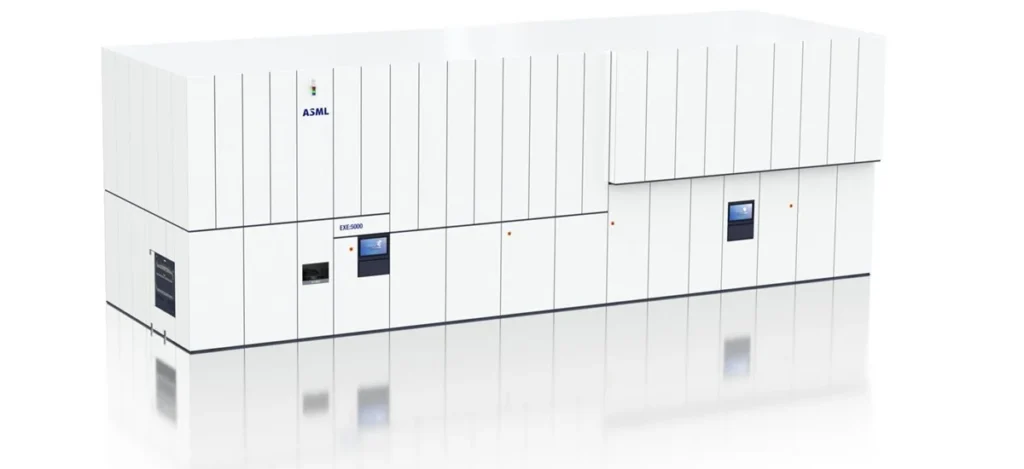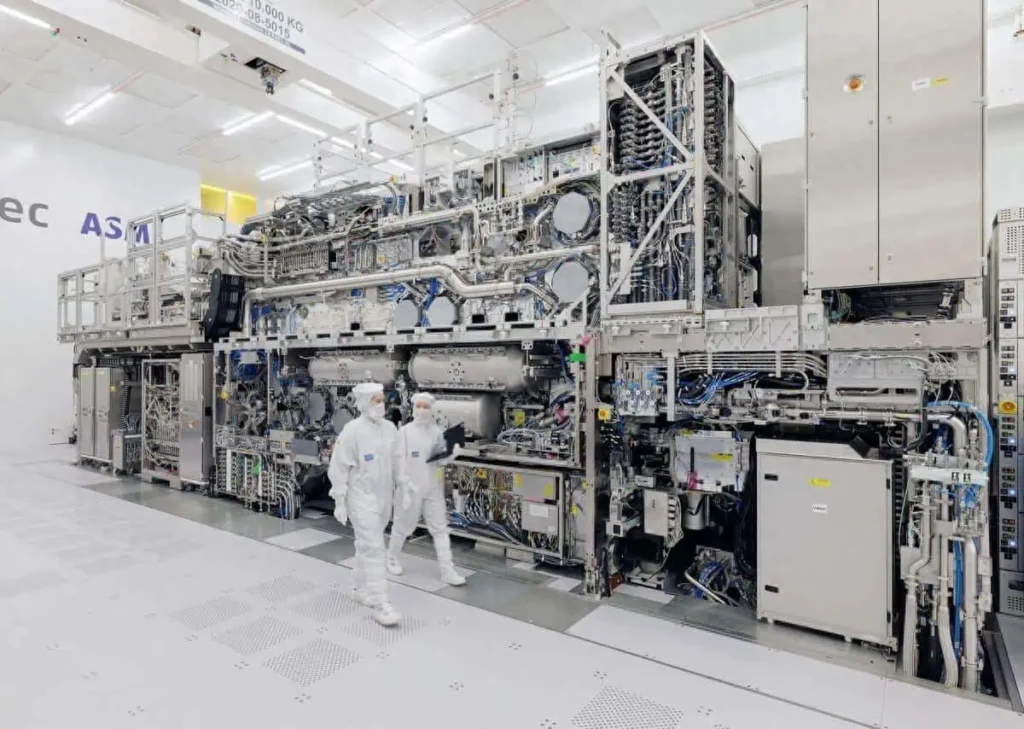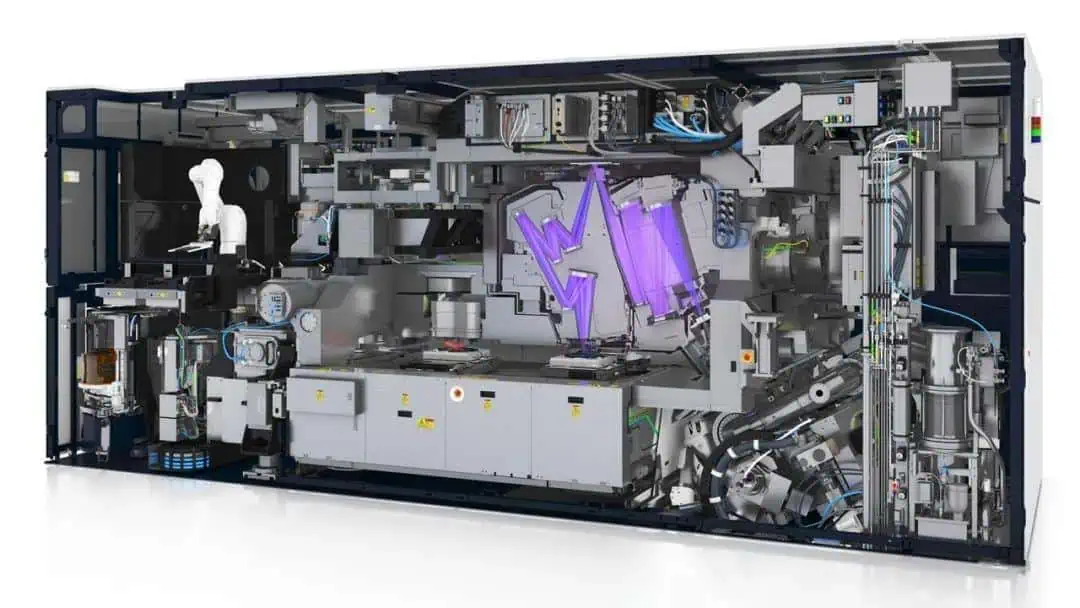ASML, a leader in the global semiconductor industry, recently announced an unexpected plan to relocate from the Netherlands to France. This has caused a stir in the Netherlands, with the government expressing concerns over potential losses in tax revenue and technological advancements.

ASML is a dominant player in the photolithography market, which is vital for chip manufacturing. The company’s announcement in March 2023 to move its headquarters to France sent shockwaves through the Dutch government.
The concern arises from ASML’s significance to the Dutch economy. The company provides substantial tax revenue and business profits, while also keeping the country at the forefront of scientific research. ASML is a symbol of Dutch technological prowess, and its departure would be a significant loss for the country’s prestige and finances.

The decision to move could be partly due to U.S. intervention, which pressured the Netherlands to stop selling critical photolithography machines to China. This policy, which began during Trump’s presidency in 2019 and intensified in 2022, aimed to limit China’s progress in chip technology. As a result, ASML’s market in China, a major customer and contributor to chip research, was significantly limited.
Domestic issues in the Netherlands, such as industrial hollowing, declining infrastructure development, and strict immigration policies, also contributed to ASML’s decision. With half of its workforce being foreign nationals or international students, Dutch policies risked causing a talent drain. The potential rise of the right-wing Freedom Party, known for its strict immigration policies, added to these concerns.

When ASML’s departure seemed inevitable, the Dutch government changed its stance. It held emergency meetings and negotiated with ASML’s executives, committing €2.5 billion to improve infrastructure in the company’s region to retain it.
This incident is not just about a company’s relocation—it involves international politics, economic interests, and the future of the global tech industry. It served as a wake-up call for the Netherlands, highlighting ASML’s crucial role in the economy and the nation’s technological standing. The move reflects strategic adjustments in response to external pressures, particularly from the U.S., and internal challenges within the Netherlands. France, providing a more favorable environment for taxes, talent, and technological development, seems a better fit for ASML’s future.
The Dutch government’s response demonstrates the complexity of the situation, as it balances domestic political pressures, public dissatisfaction, and the need to prevent significant economic and technological losses.
Related:
- ASML Statement: 2 Photolithography Licenses Cancelled
- ASML’s Massive Investment and 600 Machines: Showdown?

Disclaimer: This article is created by the original author. The content of the article represents their personal opinions. Our reposting is for sharing and discussion purposes only and does not imply our endorsement or agreement. If you have any objections, please contact us through the provided channels.








